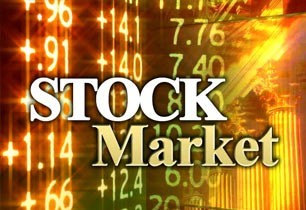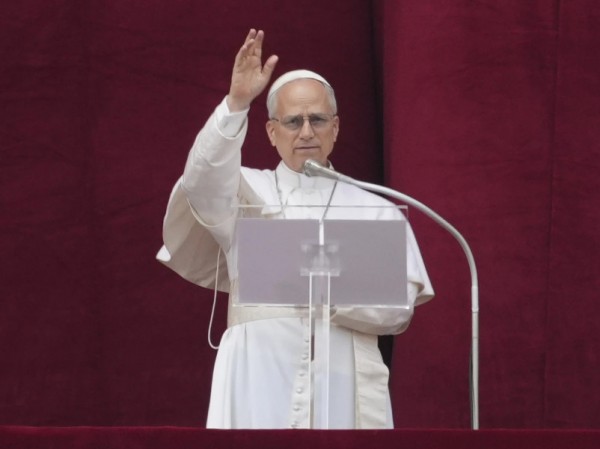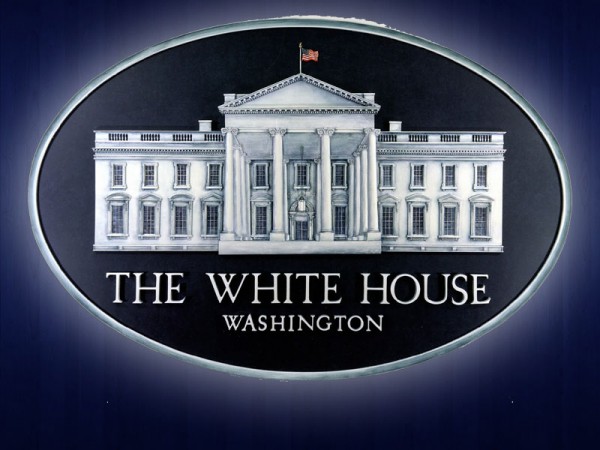HONG KONG - Asian markets soared for a second day Tuesday, led by a record 14 percent jump in Tokyo, after Wall Street rallied from its worst week ever on optimism that government rescue efforts will heal the crippled global financial system.
Japan's benchmark Nikkei 225 index surged 1,171.14 points, or 14.15 percent, to close at 9,447.57, a stunning reversal after plunging nearly 10 percent Friday and its biggest single-day gain in history. Tokyo financial markets were playing catch-up because they were closed Monday for a holiday.
In Australia, the S&P/ASX200 index traded 3.7 percent higher as the government announced a plan to inject about $7.4 billion to stimulate the country's slowing economy.
Hong Kong's key index gained 3.5 percent, while South Korea's market jumped over 6 percent. The Philippine market surged more than 7 percent and Indonesia's market shut half of last week due to dramatic declines was up more than 6 percent.
Japanese bank Mitsubishi UFJ Financial Group Inc. added more than 14 percent after completing a $9 billion deal for a 21 percent stake in U.S. investment bank Morgan Stanley.
The Asian advance came after the Dow Jones industrial average gained more than 11 percent - its biggest one-day gain since 1933 in a huge overnight rally as traders reacted with relief to efforts by the U.S. government to inject capital into banks and get lending flowing again.
Late Monday in the U.S., government officials and industry executives said the Bush administration will use $250 billion of the $700 billion bailout program recently passed by Congress to buy into American banks. The government initially will buy stock of nine large banks, but the program is expected to be expanded to many others.
That followed signals that European governments were putting up nearly $2 trillion to safeguard their own banks.
``The governments are ensuring that no matter what happens they're not going to allow another major institution to fail,'' said Nicole Sze, an investment analyst at asset manager Bank Julius Baer & Co. in Singapore. ``What's happened in the last 48 hours is an extremely positive development. ... You're seeing a reversal of the panic selling, and we think a temporary bottom has been found.''
As part of the Japanese measures to strengthen its own financial system, authorities on Tuesday relaxed regulations on companies buying up their own shares, a change that will help prevent takeovers and allow companies to prevent a nose-dive in their own issues.
Japan also promised to continue to protect people's insurance policies and savings accounts, and said it will consider capital injection into medium-size and small Japanese financial institutions.
In Europe on Monday, Germany's DAX ended up 11.4 percent at 5,062.45, while France's CAC-40 surged 11.2 percent. Britain's FTSE 100 gained 8.3 percent to 4,256.90, despite some hefty falls in the banks that have accepted government help.
Stocks across Asia have surged this week after plunging last week amid growing worries that the financial crisis would pull the global economy into recession, weakening demand for exports. While those concerns still linger, investors were encouraged that governments appeared to be taking steps to tackle one of the core problems helping to revive bank-to-bank lending, which has almost ground to halt because of fears about repayment due to enormous losses from souring mortgage-linked debt.
Lending rates softened somewhat Tuesday in Asia but remained elevated despite the coordinated global interest rate reductions and massive liquidity boosts of late, a sign that banks were still skittish about making loans to one another.
On Tuesday, the Hong Kong interbank offered rate, known as Hibor, for three-month dollar loans dipped 0.02 to around 4.42 still nearly double what it was in the days before Wall Street bank Lehman Brothers collapsed last month, analysts said. The equivalent rate in Singapore slid .13 to 4.66.
``Things are still definitely not back to normal,'' said Teck-Kin Suan, an economist at United Overseas Bank in Singapore. ``Obviously the banks are still reluctant to lend...it's going to take some time for these measures to take place.''
On Monday, the London interbank offered rate, or Libor, for three-month dollar loans fell 0.07 percent to 4.75 percent.
U.S. stock futures were up modestly, suggesting Wall Street would gain Tuesday. Dow futures were up 32 points, or 0.3 percent, to 9,540.
Oil continued to rise, with light sweet crude for November delivery gaining $2.07 to $83.26 a barrel in Asian trade on the on the New York Mercantile Exchange. The contract added $3.49 to settle at $81.19 overnight.
In currencies, the dollar slid against the yen to 102.2.
Wednesday
July 2nd, 2025
2:26AM

















